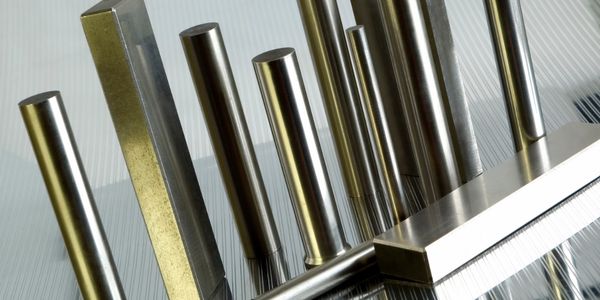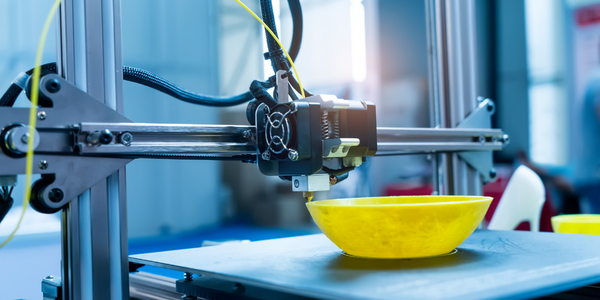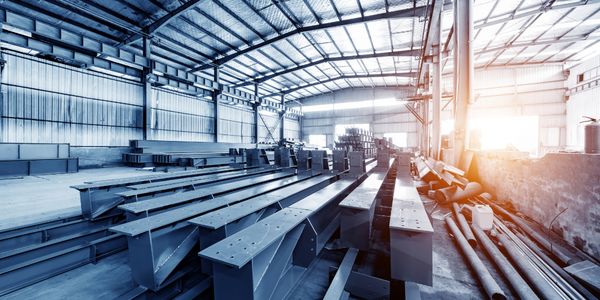õĖŗĶĮĮPDF

µĢ░ÕŁŚÕŁ¬ńö¤
µ”éĶ┐░
µĢ░ÕŁŚÕÅīĶā×Ķāĵś»µ£ēńö¤ÕæĮµł¢µŚĀńö¤ÕæĮńē®ńÉåÕ«×õĮōńÜäµĢ░ÕŁŚÕżŹÕłČÕōüŃĆéµĢ░ÕŁŚÕŁ¬ńö¤µś»µīćÕÅ»ńö©õ║ÄÕÉäń¦Źńø«ńÜäńÜäµĮ£Õ£©ÕÆīÕ«×ķÖģńē®ńÉåĶĄäõ║¦’╝łńē®ńÉåÕŁ¬ńö¤’╝ēŃĆüµĄüń©ŗŃĆüõ║║ÕæśŃĆüÕ£░ńé╣ŃĆüń│╗ń╗¤ÕÆīĶ«ŠÕżćńÜäµĢ░ÕŁŚÕżŹÕłČÕōüŃĆéµĢ░ÕŁŚĶĪ©ńż║µÅÉõŠøõ║åÕ»╣Ķ▒ĪÕ£©ÕģȵĢ┤õĖ¬ńö¤ÕæĮÕ橵£¤õĖŁÕ”éõĮĢĶ┐ÉĶĪīńÜäÕģāń┤ĀÕÆīÕŖ©µĆüŃĆéµĢ░ÕŁŚÕŁ¬ńö¤µŖƵ£»ńÜäÕ«Üõ╣ēÕ╝║Ķ░āõ║åõĖżõĖ¬ķćŹĶ”üńē╣ÕŠüŃĆéķ”¢Õģł’╝īµ»ÅõĖ¬Õ«Üõ╣ēķāĮÕ╝║Ķ░āńē®ńÉ嵩ĪÕ×ŗõĖÄÕ»╣Õ║öńÜäĶÖܵŗ¤µ©ĪÕ×ŗõ╣ŗķŚ┤ńÜäĶüöń│╗ŃĆéÕģȵ¼Ī’╝īĶ┐Öń¦ŹĶüöń│╗µś»ķĆÜĶ┐ćõĮ┐ńö©õ╝Āµä¤ÕÖ©ńö¤µłÉÕ«×µŚČµĢ░µŹ«µØźÕ╗║ń½ŗńÜä’╝īõ╗źµÅÉõŠøÕ»╣ńē®ńÉåÕ»╣Ķ▒ĪÕĮōÕēŹńŖȵĆüńÜäµ╝öÕÅśĶ¦åĶ¦ÆŃĆéµĢ░ÕŁŚÕÅīĶā×ĶāÄńÜäµ”éÕ┐ĄÕÅ»õ╗źõĖÄÕģČõ╗¢µ”éÕ┐ĄĶ┐øĶĪīµ»öĶŠā’╝īõŠŗÕ”éĶĘ©ńÄ░Õ«×ńÄ»Õóāµł¢Õģ▒ÕÉīń®║ķŚ┤ÕÆīķĢ£Õāŵ©ĪÕ×ŗ’╝īÕģČńø«ńÜ䵜»µĆ╗õĮōõĖŖÕ░åńē®ńÉåõĖ¢ńĢīńÜäõĖĆķā©ÕłåõĖÄÕģČńĮæń╗£ĶĪ©ńż║ÕÉīµŁźŃĆé
µĪłõŠŗńĀöń®Č.

Case Study
RobotStudio Case Study: Benteler Automobiltechnik
Benteler has a small pipe business area for which they produce fuel lines and coolant lines made of aluminum for Porsche and other car manufacturers. One of the problems in production was that when Benteler added new products, production had too much downtime.

Case Study
Intralox Using Demo3D Case Study
Intralox strives to create significant economic value for our customers by optimizing their conveyance systems. Intralox wants to emulate real-world production environments for end users and OEMs working in multiple industries, including packaging, warehousing, parcel, beverage, brewery, food, tire, and consumer goods. They frequently had to perform physical tests to demonstrate to customers how ARB equipment would handle their products.

Case Study
ThyssenKrupp employs Visual Rules BRM
ThyssenKrupp Steel Europe found itself in the position of needing to replace, step by step, the models it had programmed itself to manage the production of various grades of steel with a solution equipped to face the demands of the future. The solution had to be easy to integrate and designed to be rolled out step by step. ThyssenKrupp Steel Europe uses its automation systems to manage the whole production process at its company steel plants. This is done using clever algorithms that map the functional relationships across all stages of the steel production process. However, there are still a host of other changeable factors that influence the quality of the product obtained, and these also need to be factored in in the form of rules or formulae. What ThyssenKrupp Steel Europe was looking for was a suitable piece of software to fulfill this rule-based management function.




